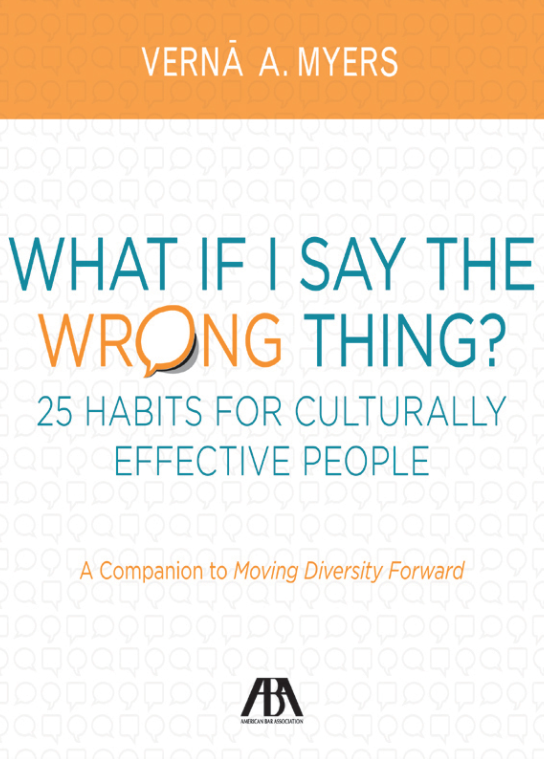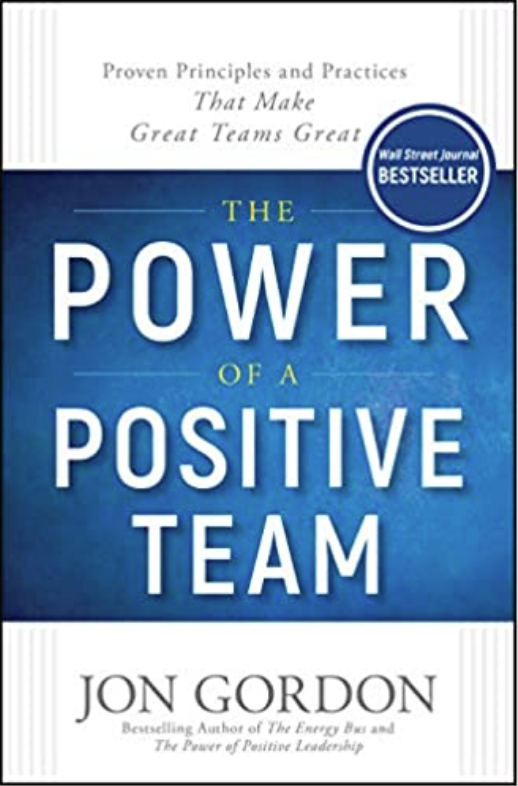Free Content. Subscription Services. Customized Workshops.
To view a distillation click on the book cover or Read More link below the excerpt. Not sure how to use the distillations to improve your practice, learn more about them on our Distillations Explained page.
To find another book, return to the Book Search page.
The Obstacle is the Way
Are you interested in a philosophical linking of adversity to success? The Obstacle is the Way is a collection of historical examples where people found guidance, motivation, or meaning in various nadirs of life. It may be true that thinking more deeply about the struggles at your school or in your career will shine light on the best path ahead.
Skip the Line
James Altucher gives us page after page of reframing how we operate in Skip the Line. Think you need 10,000 hours of “deliberate practice” to master something? What about a steady string of experiments to see what's possible? Think you need to network in person with business cards? What about sending four targeted texts every single day. No need to wait your turn, this book will show you how to create opportunity and then invite others to join you!
Courage to Grow
Have you ever wanted to start your own school? In Courage to Grow, Laura Sandefer takes the reader from the inception of the Acton Academy School model to scaling it internationally. The Sandefer family decided one day to open a new school model because they were unsatisfied with their children’s traditional schooling.
Company of One
Think capturing market share, hiring employees, and growing rapidly are the signs of a successful business? In Company of One, Paul Jarvis is here to turn these preconceived notions on their head. Jarvis will convince you that new tech platforms and changes in access to labor have opened the door for companies of one to reach many people and make plenty of money while keeping control of the company in one person’s hands.
The Culture Code
Think a positive culture is luck or charisma driven? Daniel Coyle is here to convince you that it is actually a series of intentional steps that anyone can do. The Culture Code lays out how comedy troupes, Navy SEALS, San Antonio Spurs and jewelry thieves all inadvertently use the same tactics and process to build culture.
Masters of Scale
Think Masters of Scale has nothing to do with school? If you are thinking about how school used to be, you may be right. If you are thinking about how we might educate all children more uniformly, then you may be quite wrong. What is working well at your school or in education that might be able to scale so that it benefits all?
Prepared
Prepared could have just as accurately been titled, How Summit Public Schools Were Started. Diane Tavenner relays her journey to create a school (and then school system) where real-world problems, self-direction, reflection, and collaboration are the foundation of the learning experience.
Difficult Conversations
Have you seen progress at your school delayed because of conflict? Are there tension points that never seem to go away? Stone, Patton, and Sheen use Difficult Conversations as a guide to confronting and resolving all of that.
Algorithms to Live By
At first blush, Algorithms to Live By might seem too narrow to support our work in education. In reality though, there are concepts and dilemmas throughout that can reframe our work. If you see yourself as an analytical or model thinker, there will be sections here that will push your thinking and improve your school for sure.
Design Thinking for School Leaders
If you’ve ever thought that it would be easier to scrap the current system of education and start over… then Design Thinking for School Leaders was written for you. Gallager and Thordarson show how empathy combines with being an “opportunity seeker”, “experience architect”, “rule breaker”, “producer”, and “storyteller” to create a culture where designing change becomes the norm.
What if I Say the Wrong Thing?
In What If I Say The Wrong Thing, Verna Myers helps individuals and leaders understand the structures, policies, and cultures that organizations may have in place that hinder achieving equity, diversity, and inclusion. With examples from her personal life and professional career Myers provides readers with useful suggestions for how one can become a more culturally responsible individual and how leaders can transform organizations.
Emotional Agility
Have you ever caught yourself ruminating about “What ifs…?” Or have you been paralyzed by fear, unable to make decisions? In Emotional Agility, Susan David provides a guidebook grounded in psychological research to help us embrace all of our emotions, even the most uncomfortable ones, discover our “why”, and align our lives with our values.
Collaborative Intelligence
Ever wonder how your mind works on its own and/or with others? If you answered yes, boy are you in luck! Dawna Markova and Angie McArthur have written Collaborative Intelligence with you in mind. You will learn about the kinesthetic, visual and auditory patterns of thinking, how to put forth the best thinking for different situations, and understand the Inquiry Compass.
Humor, Seriously
Whether you use humor to lead and want to know how it works or just wish work was more fun, Humor, Seriously is the book for you. Jennifer Aaker and Naomi Bagdonas use their research, experience with improv, years of teaching about humor, and their vast network of comedians and writers to produce an impressive (and witty) book about humor.
What School Could Be
Wonder what’s ailing American schools? Ted Dintersmith spent a year traveling America to find out and highlight solutions. What Schools Could Be is the report from his trip to 50 states, 200 schools, over a hundred community forums, and over a thousand meetings. Innovation from K-12, online, colleges and universities as well as more short-term immersive experiences are all highlighted.
Stretch
Stretch by Scott Sonenshein will encourage you to do more with less...and then show you how to do it. Concepts such as chasing, stretching, and being cognitively entrenched, combined with cautionary tales (Gerber singles, anyone?) and success stories (Yuengling and the book Green Eggs and Ham) to frame why it’s important to think more about “stretching” than “chasing.”
The Power of a Positive Team
Written as sort of a group workbook, The Power of a Positive Team by Jon Gordon is 90% inspirational and 10% solid examples of ways to create positive teams. The reader travels from athletic fields to boardrooms while Gordon illustrates how positivity has made the difference for various team experiences.
Range
David Epstein uses Range to convince the reader that it may in fact be the generalists who add more value as the world becomes more and more complex. His basic premise is that for complex problem-solving and decision-making, it is often those with broad experience and diverse backgrounds who fare better (e.g., professionals with hobbies outside of their profession).
The Art of Gathering
Did you know the greatest potential for memorable moments at an event happens at the beginning, end, and a peak moment in between? In The Art of Gathering, Priya Parker unpacks each component of a gathering from invitation to intentional ending with the perfect combination of research and anecdotes.
Post Corona
In Post Corona, Scott Galloway brings us into the future world economy and the forces that will drive it. While less about Corona than the title implies, it’s a clear window into the future from a great thinker. We would serve students better if we began to think a bit more like Scott Galloway about what’s to come... in education.




















